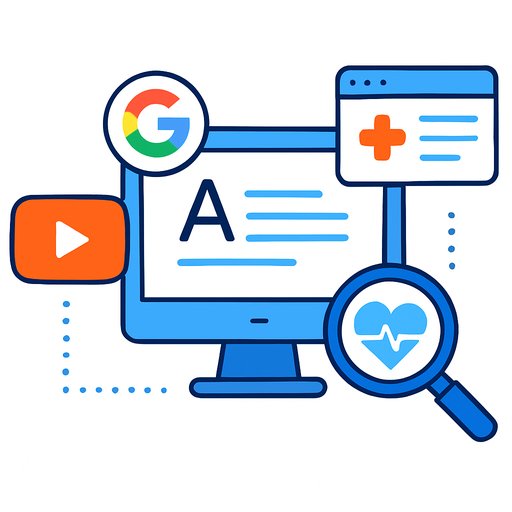Hyro secures $45M to speed development of healthcare AI agents
Hyro, a GPT-enabled conversational AI provider for health systems, raised $45 million in new funding led by Healthier Capital, with participation from Norwest, Define Ventures, Bon Secours Mercy Health, and ServiceNow Ventures. The round arrives 10 months after its prior raise and brings total funding to $95 million.
The company says the capital will accelerate its administrative, operational, and clinical AI agents-built to streamline patient access and support across voice, chat, and SMS. The focus is clear: reduce friction for patients while improving throughput and lowering cost to serve for providers.
What Hyro does
Hyro delivers a conversational AI call center that automates routine patient interactions and routes complex issues to staff. It layers in real-time analytics, insights from patient conversations, and a GPT-powered assistant called Spot that explains outputs for auditing and trust.
For health leaders, this means better call containment, faster response times, and data you can act on. The promise: fewer abandoned calls, more self-service, and operational clarity around what patients ask for most.
Why this matters for health systems
- Reduce wait times and improve access with 24/7 self-service across phone, chat, and SMS.
- Automate high-volume tasks: scheduling, referrals, address/insurance updates, benefits checks, and directions.
- Cut average handle time and boost first-contact resolution by routing accurately and summarizing calls for agents.
- Gain explainability with audit-friendly reasoning to support compliance and quality assurance.
Traction and partners
Hyro partnered with Sutter Health to give patients always-on self-service via chat, voice, or SMS inside Sutter's workflows. Artera (formerly WELL Health) also worked with Hyro to deliver an embedded assistant that answers common patient questions on provider sites.
Past funding helped Hyro expand its workforce and enhance call center, mobile, and web capabilities-plus deepen strategic partnerships and use cases. The new round adds support from ServiceNow Ventures, signaling interest in tighter operational integration.
CEO perspective
"After another 10 months of strong execution, landing new enterprise customers and expanding relationships with existing ones, we decided to bring on additional capital to further our mission of improving patient access to care and driving operational excellence for health systems," said Israel Krush, CEO and cofounder of Hyro. "With support from both new strategic investors and long-time partners, we are well-positioned to expand across new specialties and segments throughout the healthcare ecosystem."
What to evaluate before you buy
- Integration depth: EHR (Epic, Oracle Health), telephony/CCaaS, CRM, patient access tools, identity/SSO, and knowledge bases.
- Data privacy and security: PHI handling, HIPAA BAAs, encryption, data residency, access controls, logging, and red-teaming.
- Guardrails and oversight: clinical content boundaries, escalation criteria, human-in-the-loop workflows, and approved knowledge sources.
- Explainability: visibility into prompts, reasoning summaries, change logs, and model/version controls.
- KPIs that matter: call containment rate, average speed of answer, abandonment, CSAT, scheduling conversion, and deflection to digital channels.
- Total cost and ROI: licensing, usage, integration effort, change management, and expected impact on staffing plans.
Where this could go next
- Administrative agents: scheduling, intake, insurance verification, prior auth initiation, payment plans.
- Operational agents: smart routing, multilingual support, surge management, post-call summaries, analytics.
- Clinical-adjacent agents: structured symptom capture with clear disclaimers and safe escalation to nurses or care teams.
Action steps for health leaders
- Audit top call drivers by service line and channel; shortlist 3-5 high-volume intents for automation.
- Align legal/compliance on acceptable use, redlines, and review cycles; establish an AI governance checklist.
- Prepare knowledge sources: FAQs, appointment rules, location data, care navigation guides, and benefit policies.
- Run a contained pilot in one region or specialty with clear KPIs and a 60-90 day readout.
- Train frontline teams on escalation paths, exception handling, and how to use AI-generated summaries.
If your team needs structured upskilling for AI in healthcare operations and patient access, explore curated programs by role at Complete AI Training.
Your membership also unlocks:






